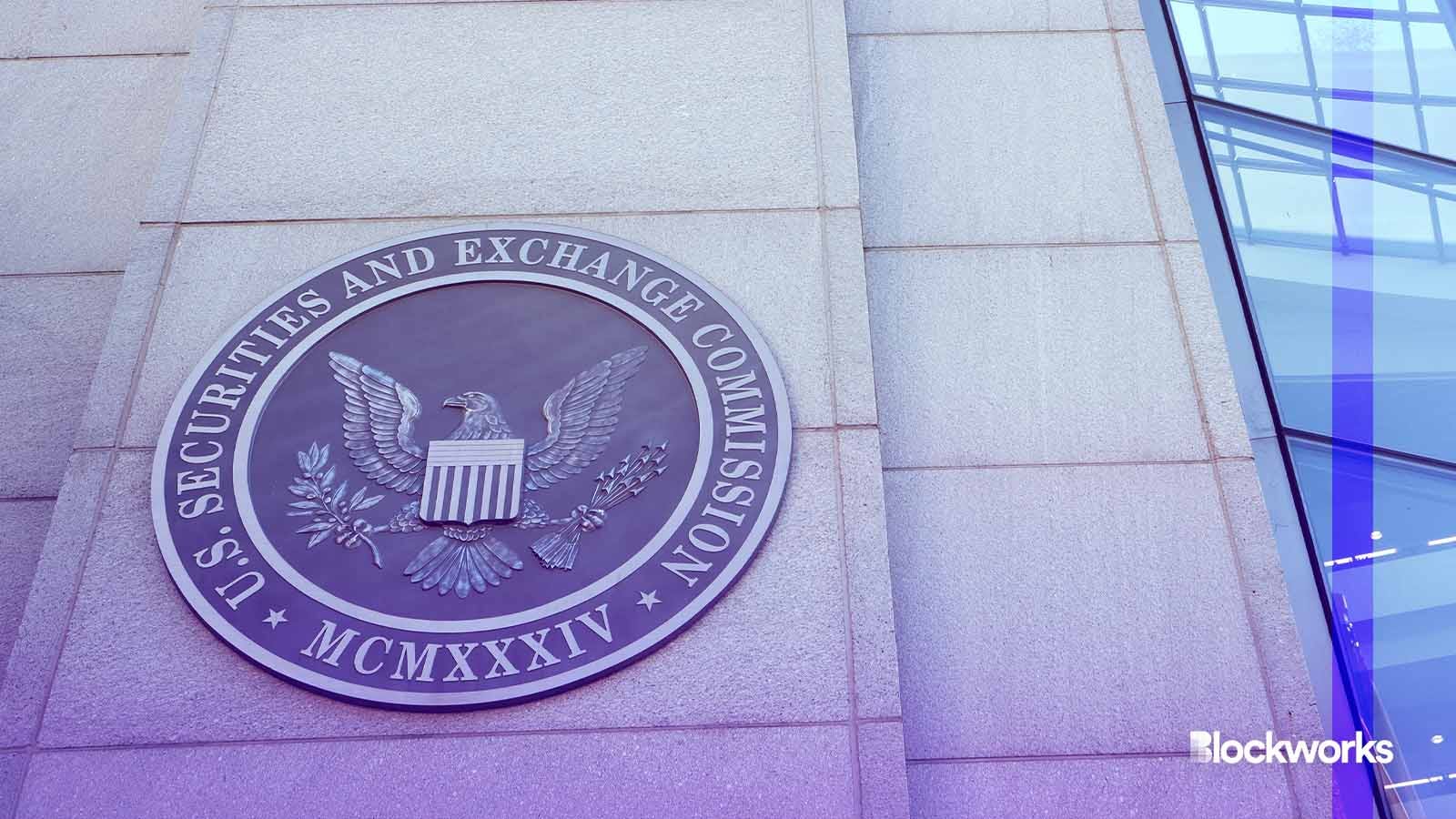A federal judge says SEC lawyers lied to freeze a crypto company’s assets
The judge has demanded the SEC explain why it presented “false and misleading” evidence to get a temporary restraining order

Tada Images/Shutterstock modified by Blockworks
A federal judge thinks attorneys from the US Securities and Exchange Commission lied to receive a temporary restraining order, and he’s ordered them to explain why.
In an order to show cause filed in Ohio Thursday, judge Robert Shelby has demanded the SEC make a case for why its lawyers shouldn’t be sanctioned by the court after conflicting stories led him to believe the agency presented false and misleading evidence in order to freeze Digital Licensing and DEBT Box’s assets in July 2023.
After accusing Digital Licensing, which operates under the name DEBT Box, of offering an unregistered security and defrauding investors of “at least $49 million,” the SEC’s legal team claimed the defendants were attempting to move assets and investor funds overseas.
The SEC cited bank statements and account closures as evidence the funds were moved internationally in its attempt to get a temporary restraining order, or TRO. It intended to use this to freeze the company’s assets, among other things.
“Just as we were on break I was reminded by investigative staff with respect to the investigation which remains ongoing that even in the last 48 hours defendants have closed additional bank accounts, and I believe the number, I don’t have it in front of me, was around 33 bank accounts have been closed,” Welsh told the court in July during the TRO hearing.
These comments, Shelby wrote, were understood at the time to mean that defendants had closed 33 bank accounts in 48 hours. This, coupled with the accusations that DEBT Box and its team had tried to block the SEC from viewing its social media sites, was enough to grant the ten-day TRO. It was subsequently renewed “several times,” the judge wrote.
Two groups of defendants and relief defendants moved to dissolve the TRO in September. Each group claimed the SEC had misled the court in their initial application.
The SEC then “tacitly acknowledged” that no bank accounts were closed in July 2023 and the accounts that were closed were shut down by the banks, not the defendants, Shelby wrote. The TRO was dissolved in October 2023.
At the hearing to dissolve, Welsh told the court that the SEC did not actually know why the bank accounts had been closed and the commission had no evidence that any money had been moved overseas since January 2023. As for his apparent comments about 33 bank accounts closing within 2 days, neither Welsh nor the SEC addressed this specifically, Shelby said.
“The court was further troubled by Welsh’s apparent misrepresentation because another attorney from the Commission was on-screen at the ex parte TRO hearing, and there were two investigative staff off-screen,” Shelby wrote. “Yet nobody clarified or corrected Welsh’s statement.”
Industry members say Thursday’s development is part of a “troubling pattern” displayed by the SEC recently.
“The good news for the crypto community is that this sort of conduct is exceptionally bad, even by SEC standards, and I’m going to suspect the fact that the SEC is being sanctioned for misrepresentations might be of interest to people like [Binance, Kraken and co-founder Jesse Powell],” Austin Campbell, founder and managing partner of Zero Knowledge Consulting, added.
The SEC has received the order “and will respond to the Court as directed,” a spokesperson from the SEC told Blockworks.
Members of the defense team declined to comment.
Get the news in your inbox. Explore Blockworks newsletters:
- The Breakdown: Decoding crypto and the markets. Daily.
- 0xResearch: Alpha in your inbox. Think like an analyst.






